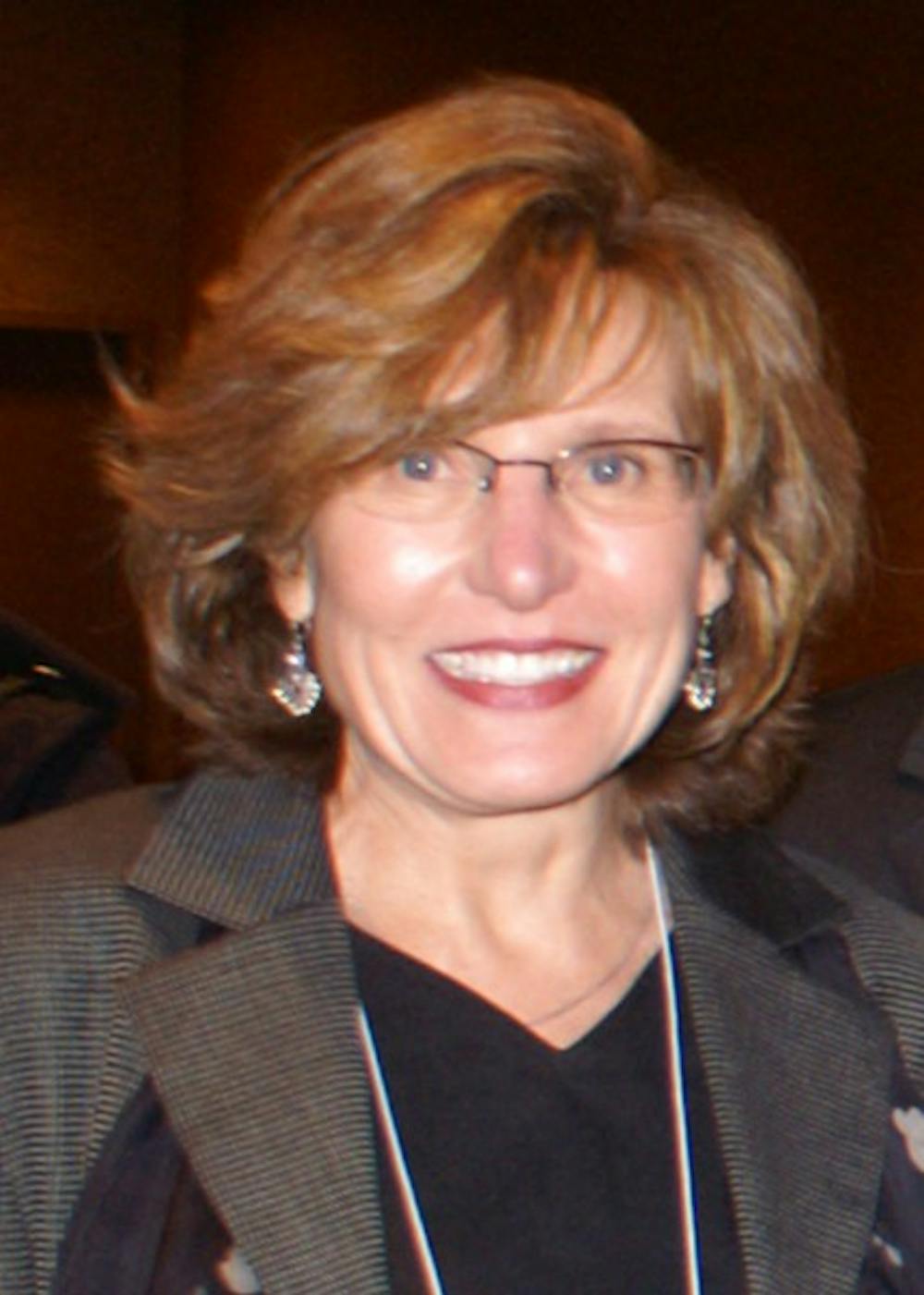After a fourth straight week of civil disobedience protests at the N.C. General Assembly Monday, the arrest total for the “Moral Monday” demonstrations rose to more than 150.
Among them earlier this month was UNC history professor Jacquelyn Hall, who spoke with State & National editor Sarah Brown about the historical and personal motivations that led to her risking arrest.
Daily Tar Heel: You said that North Carolina, historically, has been a more progressive state than it is now. Can you elaborate on that?
Jacqueline Hall: One of the reasons I engaged in civil disobedience and went to Raleigh was as a historian, as somebody who has spent her life studying this state and living in it.
North Carolina historically was a very poor state, before the Civil War. Starting in the early 20th century, when education reform and progressivism came into play, North Carolina started really standing out among the Southern states in providing social services and so on.
In the 1960s, (former Gov.) Terry Sanford .. .put North Carolina into the ranks of moderate Southern states that really started stepping forward, not just in accommodating itself to integration, but also in throwing off the shackles that had kept this state from developing economically.
DTH: How does the state’s political climate today compare to the past?
JH: In the 1960s and 1970s we had moderate Democratic governors, who had their differences with the Republicans, but they also were forward looking in these same progressive ways.
This is not your grandfather’s Republican Party that we’ve got now. It’s a story of the takeover of the Republican Party by a certain faction within the party that has just purged it of its moderate wing.
That faction has seen the South as a good place to try to dominate state politics and use that platform to shore up its strength in Washington.



